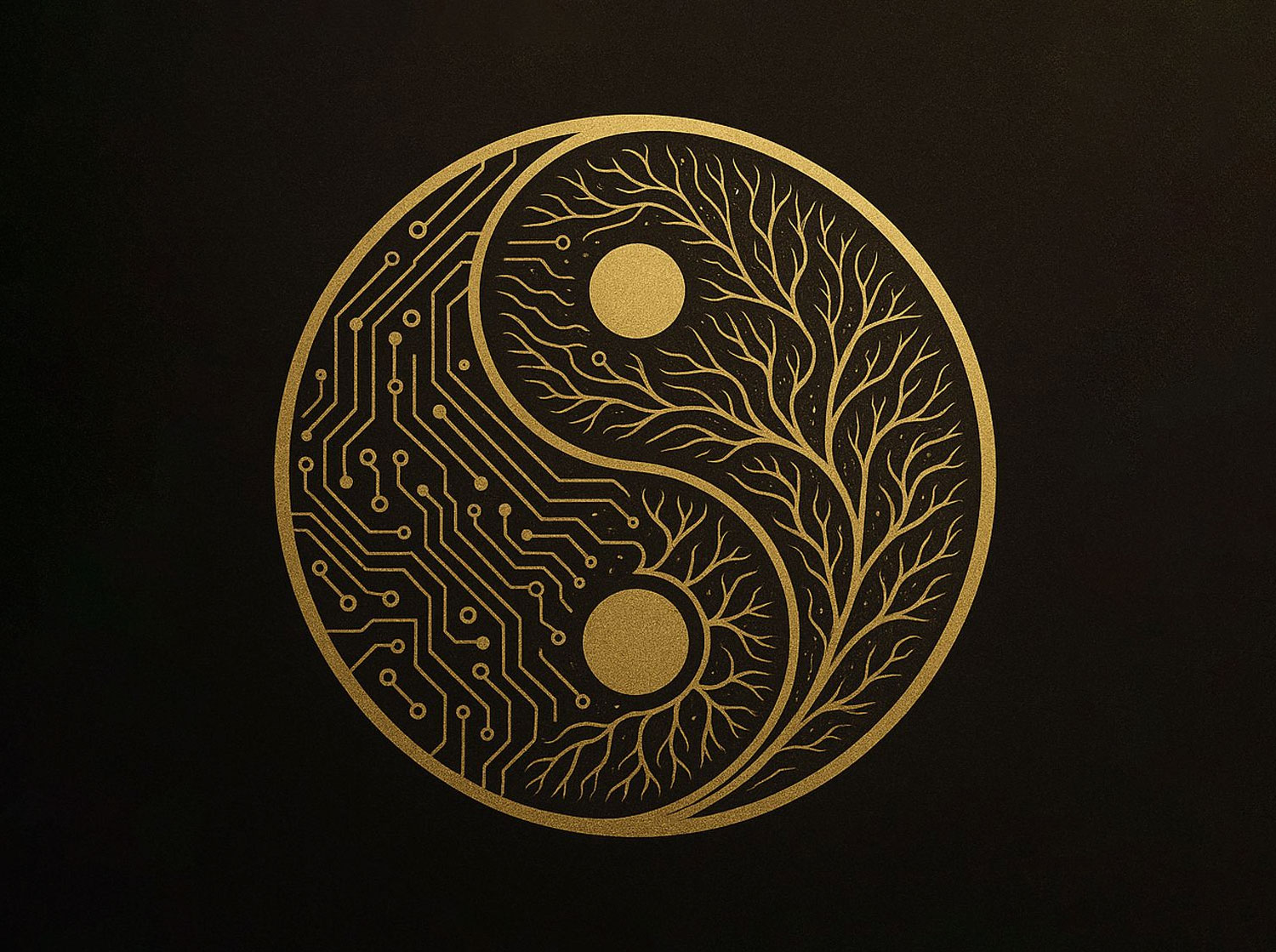August 6, 2025
Innovation Needs Psychological Safety — Especially in an AI World

Innovation Needs Psychological Safety — Especially in an AI World
Innovation flourishes when people feel safe to take risks, share ideas, and fail without fear of blame. Without psychological safety, even the best strategies falter.
Not all organisations create that space. History reminds us that talent and technology aren’t enough — Kodak and Nokiadidn’t fall behind for lack of capability, but because their internal systems drifted away from a fast-changing reality. Systems thinker Trevor Hilder calls this structural decoupling.
By contrast, organisations like PepsiCo embrace experimentation by making learning visible — even awarding “failure awards” to normalise risk-taking and encourage adaptability.
Why Safety Fuels Innovation
In today’s rapidly evolving environment, adaptability is no longer optional. Companies like Duolingo are already taking an “AI-first” approach, automating before hiring. This demands:
- Fewer resources
- Faster iteration
- Higher pressure to deliver
And yet, as automation increases, human leadership becomes more important than ever.
Traits of Future-Ready Leaders
According to Harvard Business Review, the top three traits of future-ready leaders are:
- Experience
- Ability to navigate ambiguity
- Agility
In a recent webinar, Tracey Abbott added a fourth: intuition — a form of sense-making no algorithm can replicate.
As George Musser writes in Putting Ourselves Back in the Equation, the observer is never separate from the system. The same applies to leadership: leaders must remain actively engaged with their systems, cultivating trust, clarity, and presence.
Kholo’s Approach: Embedding Safety and Systems Thinking
At Kholo, we help organisations design systems where innovation and safety coexist. Our work in Lisbon, London, and internationally integrates:
- Psychological safety → enabling teams to take risks without fear.
- Intuitive and regenerative leadership → guiding leaders to combine presence with foresight.
- Systems literacy → helping organisations adapt in alignment with fast-changing realities.
This is leadership development for the AI era — rooted in both human insight and systemic awareness.
Conclusion: Innovation Needs Human Presence in an AI World
In a world shaped by AI, innovation won’t be sustained by automation alone. It requires human leadership, psychological safety, and systems thinking. At Kholo, we help leaders create cultures where people and performance can thrive together.
Curious about how to build innovation-ready systems in your organisation? Book a call with Kholo.


